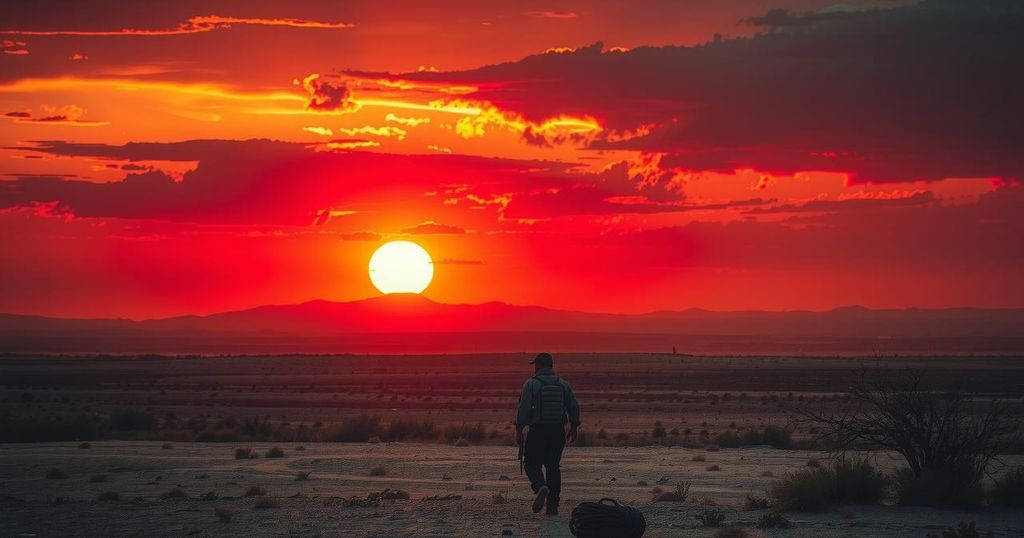Sudan has accused the UAE of genocide complicity, alleging support for the RSF amid a civil war. The UAE denies these claims. Sudan, rich in resources and strategically located, is witnessing escalating conflict following a 2021 coup. Foreign powers are increasingly implicated in the ongoing violence.
Sudan has formally accused the United Arab Emirates (UAE) of complicity in genocide amid its ongoing civil war, initiating this claim at the International Court of Justice. This accusation highlights the oil-rich monarchy’s perceived role in the conflict between Sudan’s regular army and the rebel paramilitary, the Rapid Support Forces (RSF). The UAE has consistently denied these allegations, asserting their neutrality.
Sudan, one of Africa’s most resource-rich countries, possesses significant agricultural lands, gas, and gold, making it the third-largest gold producer on the continent. Its strategic location adjacent to Libya and its coastline along the Red Sea emphasizes its importance as a crucial maritime route for oil shipping.
The conflict escalated following a coup in 2021 when Sudan’s army chief, Abdel Fattah al-Burhan, took control with the help of his deputy, RSF commander Mohamed Hamdan Dagalo, commonly known as Hemedti. After two years of political tension, hostilities exploded between these two military factions, drawing in foreign powers like the UAE, Egypt, Turkey, Iran, and Russia, each accused of supporting different sides in the conflict.
Sudan’s accusations against the UAE represent a significant escalation in the narrative surrounding the ongoing civil war, emphasizing the complex international dynamics involved. With both economic resources and geopolitical interests at play, the conflict illustrates the intricate relationship between local factions and foreign backers amid a humanitarian crisis. The involvement of multiple countries highlights the challenges of securing peace in Sudan.
Original Source: www.scmp.com






